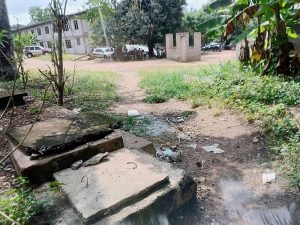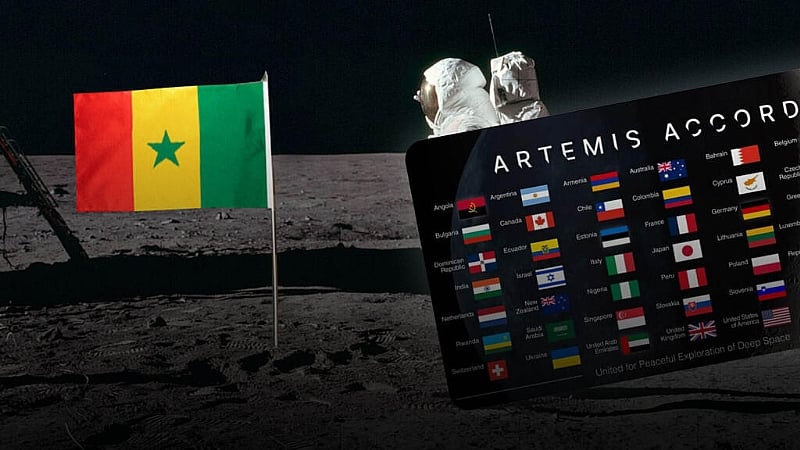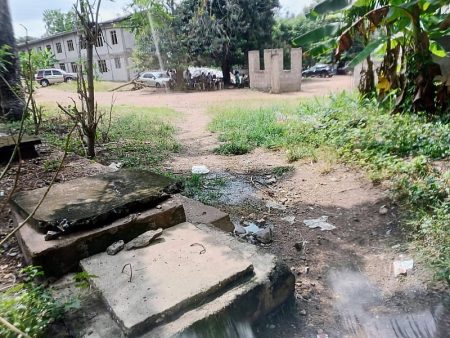Senegal’s recent accession to the Artemis Accords marks a significant step not only for the nation but also for the broader landscape of space exploration. While Senegal may not possess a robust space program akin to the United States or other major powers, its participation in the Artemis Accords signifies a forward-thinking approach and a commitment to international cooperation in the realm of space. By becoming a signatory, Senegal joins a growing coalition of nations dedicated to shaping the future of lunar and deep-space exploration, solidifying its position as a proactive participant in the global space community.
The Artemis Accords themselves represent a crucial framework for navigating the complexities of space exploration in the 21st century. Unlike the Apollo era, characterized by a predominantly US-led endeavor, the Artemis program embraces a collaborative approach, recognizing the necessity of international partnerships. The Accords outline fundamental principles designed to promote peaceful and responsible space activities, including transparency in operations, the sharing of scientific data, and a commitment to utilizing space resources for the benefit of all humankind. These principles underscore the evolving nature of space exploration, transitioning from a domain of national competition to one of shared responsibility and mutual benefit.
Senegal’s involvement in the Artemis Accords, although symbolic at this stage, holds significant implications for its long-term aspirations in space. Having launched its first satellite just a year prior to joining the Accords, Senegal demonstrates a nascent yet determined interest in developing its space capabilities. By aligning itself with the Artemis program, Senegal gains access to invaluable expertise, technologies, and potential collaborative opportunities with established spacefaring nations. This engagement provides a platform for Senegal to contribute to and benefit from the advancement of space science and technology, laying the groundwork for its future participation in lunar and deep-space exploration.
The African continent is experiencing a burgeoning interest in space exploration, with Senegal’s involvement in the Artemis Accords reflecting a broader trend. The establishment of the African Space Agency, headquartered in Cairo, serves as a testament to the growing commitment among African nations to coordinate space-related research and development. This collaborative effort provides a continental framework for sharing resources, expertise, and data, fostering a stronger presence for Africa in the global space community. Senegal’s participation in the Artemis Accords complements this pan-African initiative, reinforcing the continent’s collective pursuit of space exploration.
While African cities like Dakar, Nairobi, Kigali, and Luanda may not yet possess the infrastructure or resources for independent lunar missions, their engagement in international space initiatives like the Artemis Accords lays the foundation for future ambitions. By actively participating in the development of international space policy and collaborating with established spacefaring nations, these nations are investing in their future capabilities. Senegal’s decision to join the Accords, though incurring minimal immediate costs, opens doors to profound cooperative ventures and ensures a voice in shaping the rules governing space exploration, data sharing, and resource utilization beyond Earth.
Senegal’s entry into the Artemis Accords epitomizes a strategic vision that extends beyond its current capabilities. By engaging with the international space community and contributing to the development of responsible space exploration principles, Senegal positions itself as a forward-thinking nation committed to peaceful and collaborative scientific advancement. This commitment, coupled with the growing momentum of space exploration in Africa, signifies a promising trajectory for Senegal and the continent as a whole, paving the way for future generations to participate in the unfolding saga of space discovery.














